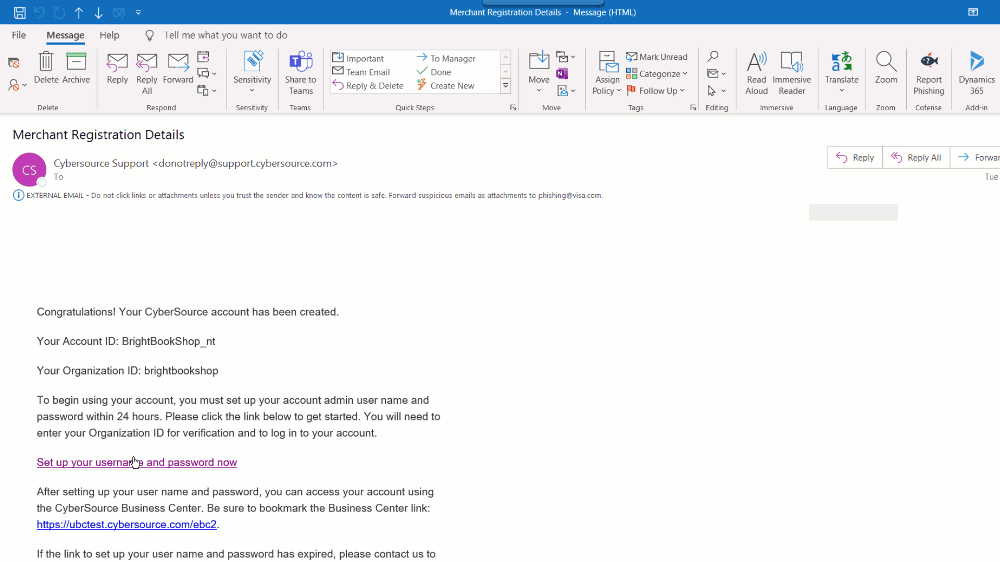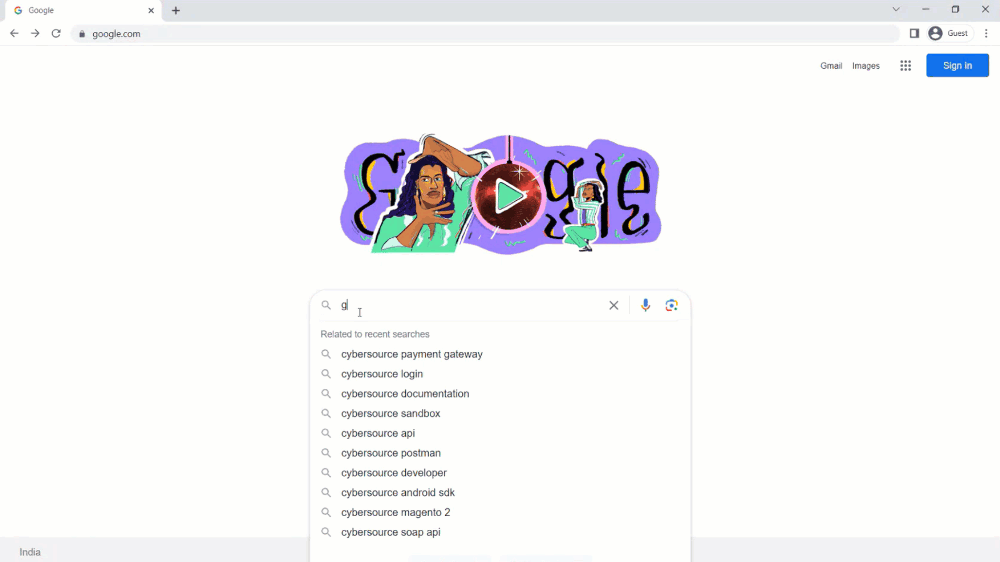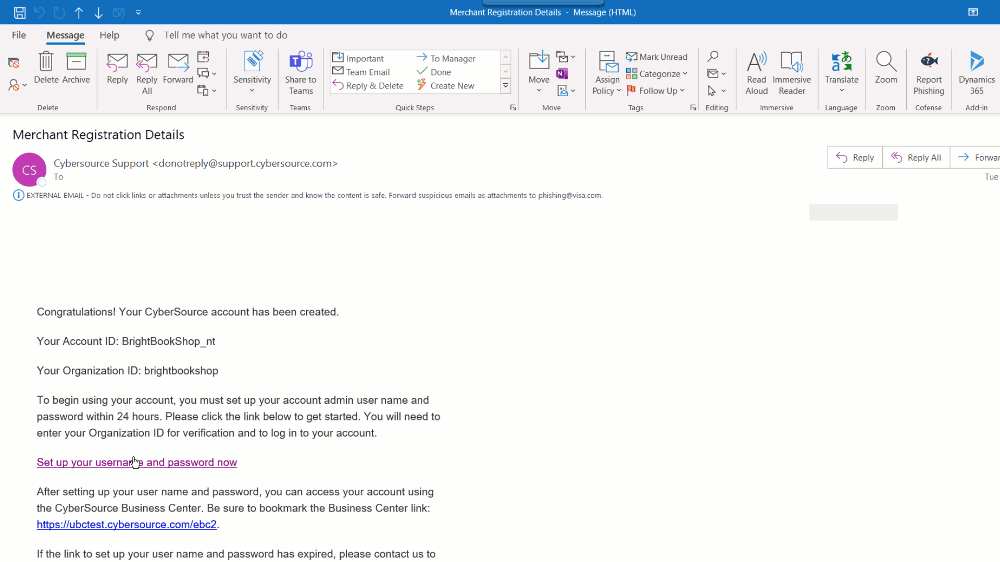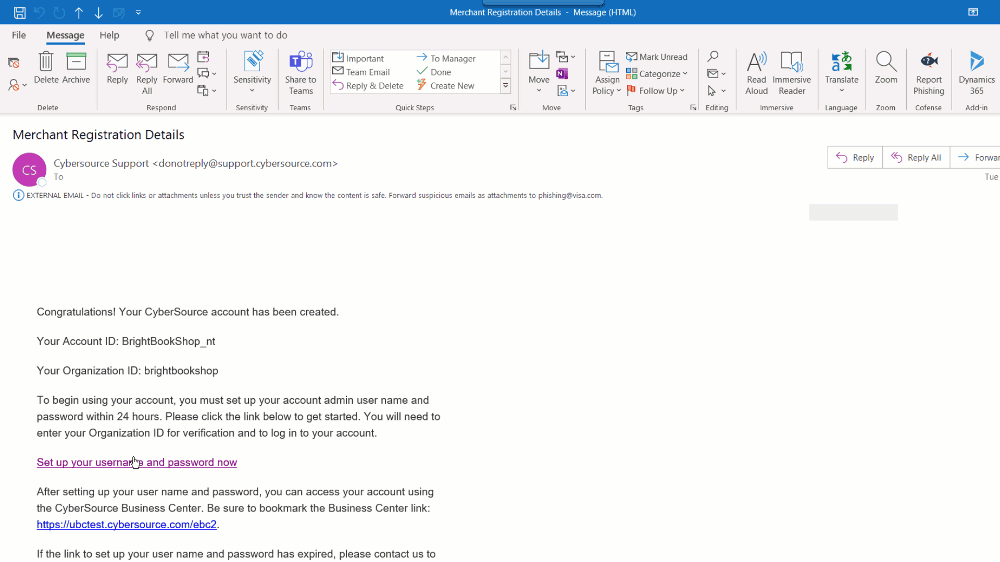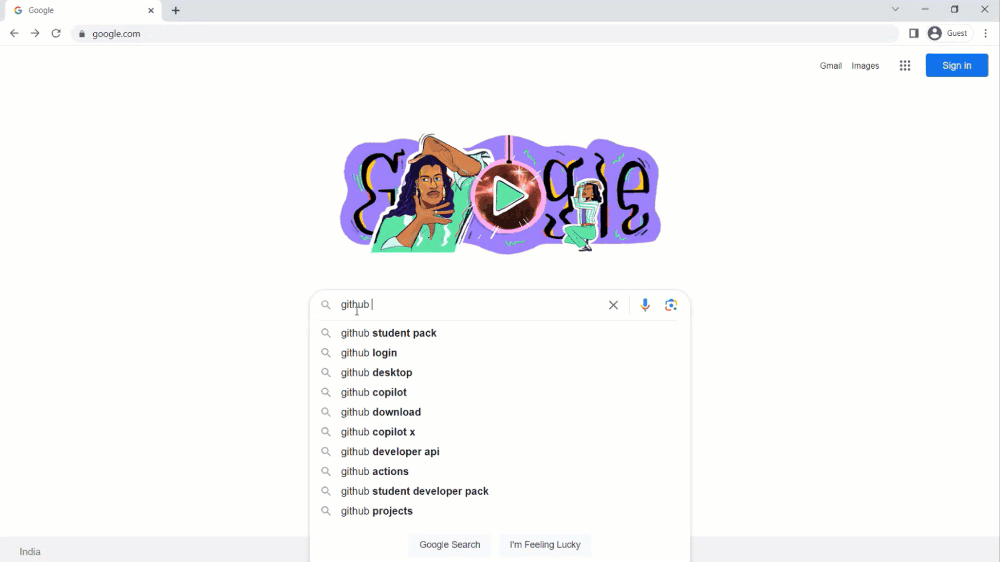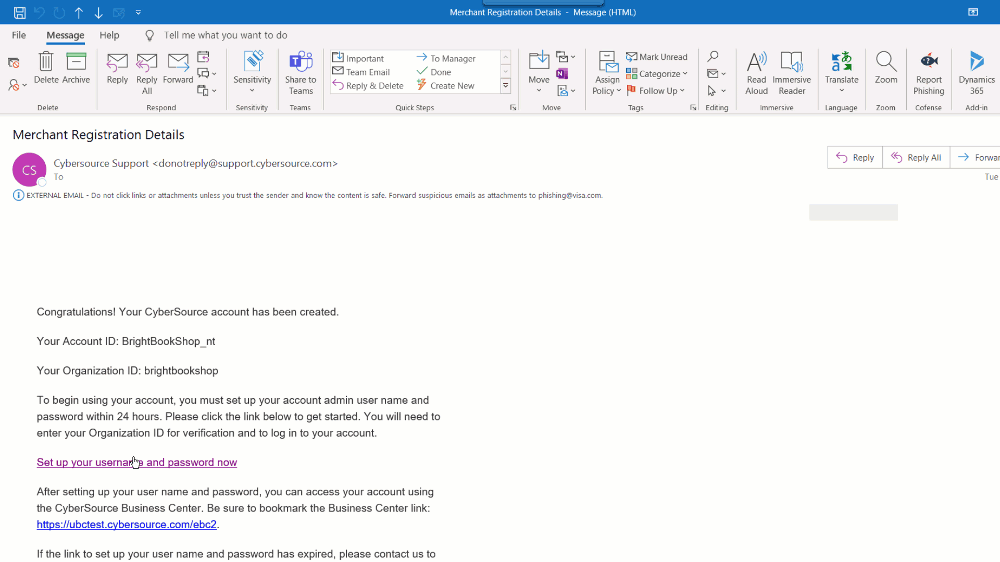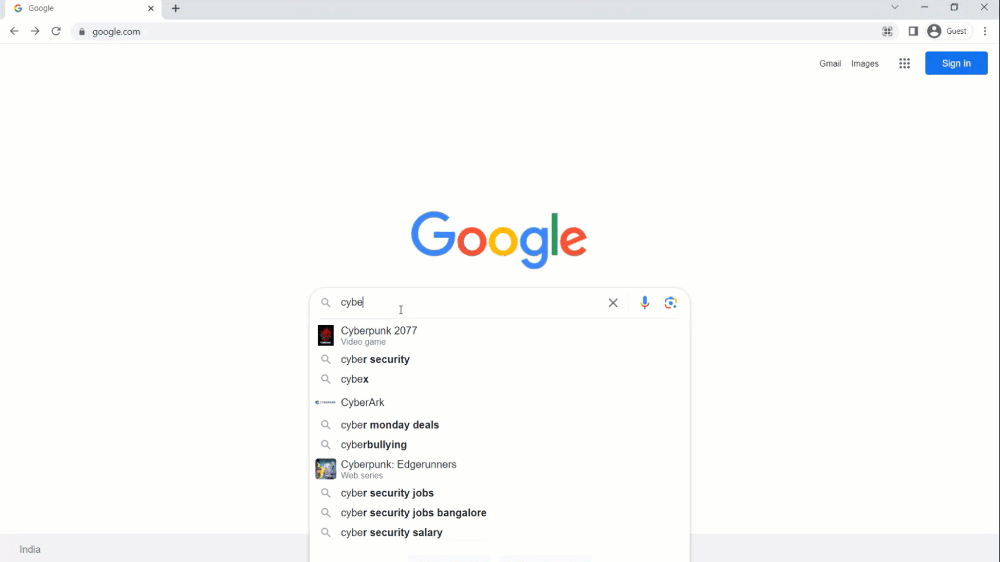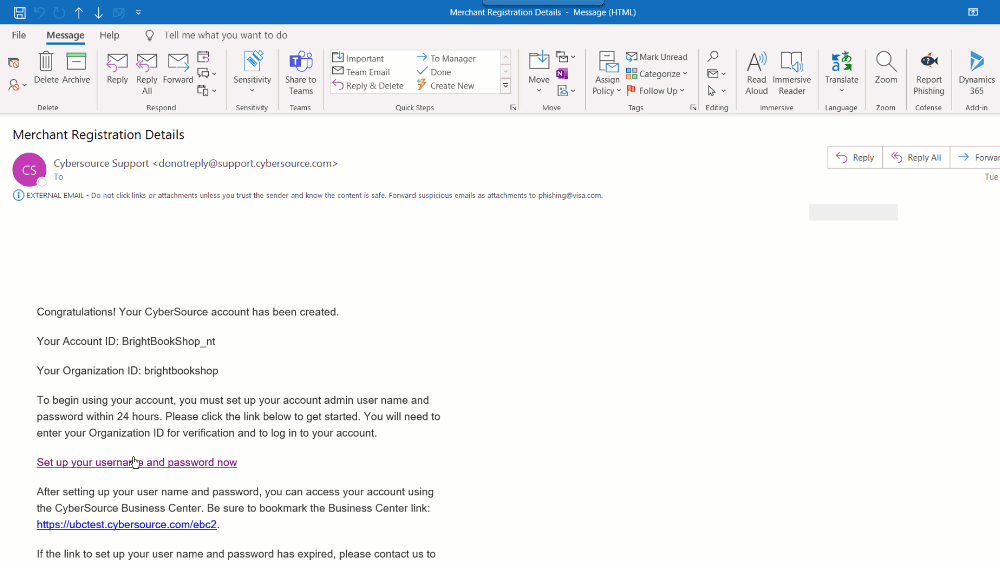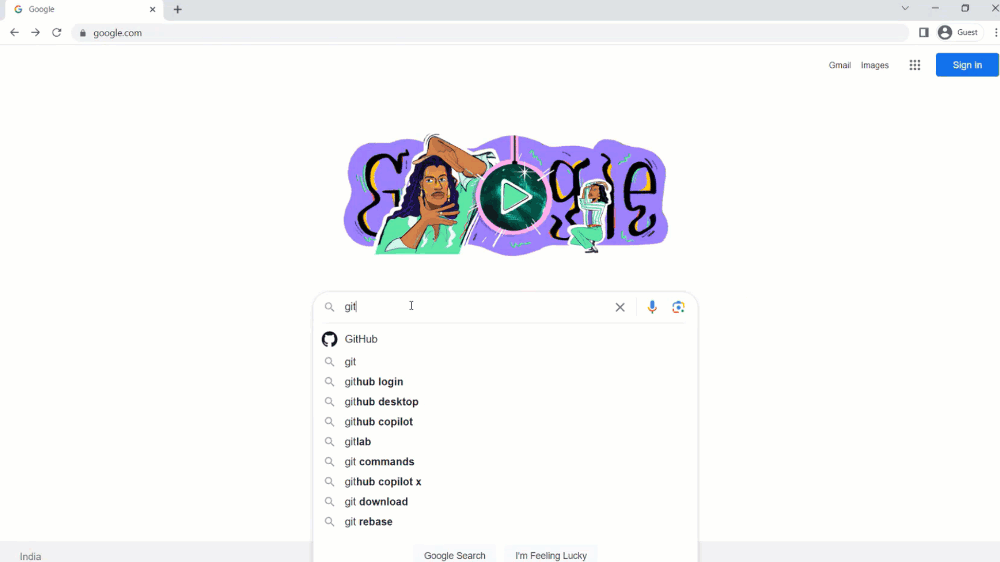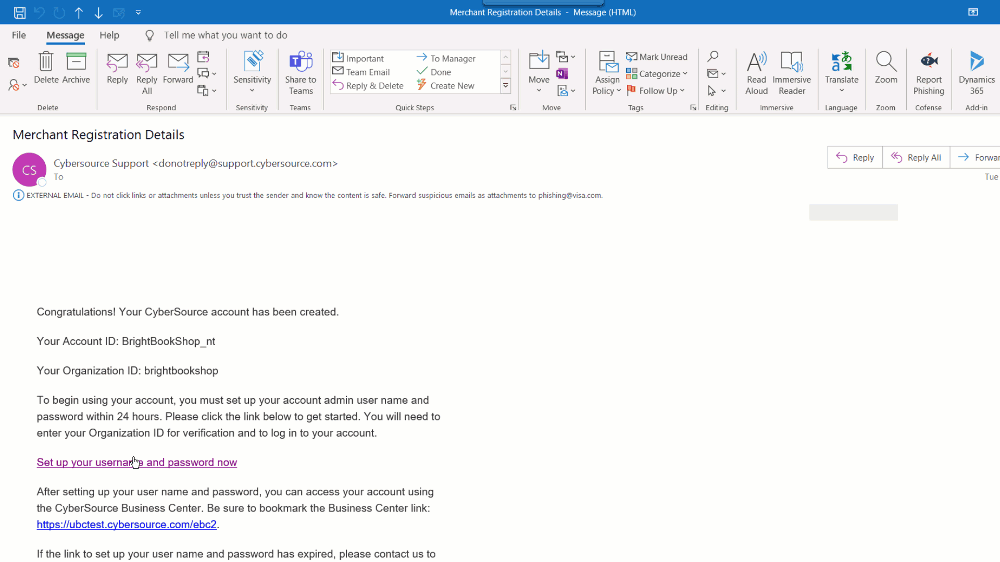SDK overview
In 6 popular languages:
- Java (up to and including Java 19)
- .NET (.NET Framework v4.6.1, v4.7.2, v4.8, v4.8.1)
- .NET Standard
- .NET Standard : v2.1
- .NET Core 3.1, .NET 5, .NET 6, .NET 7
- PHP (version 8.0.0+)
- Node (version 6.17.1+)
- Python (version 3.6+)
- Ruby (version 2.5.0+)
- Our GitHub contains 2 main repositories:
- The REST Client SDK : For use in server-side applications to provide access to REST APIs from your application.
- Sends the request to Cyberource using an HTTP client
- The REST Samples : They contain working code samples to demonstrate integration with REST APIs and are organized into categories and Industry specific examples.
- The samples are completely independent and self-contained.
- You can analyze them to get an understanding of how a particular method works, or you can use the snippets as a starting point for your own project.
- The REST Client SDK : For use in server-side applications to provide access to REST APIs from your application.
- Easy - 3 configuration updates to use your own Merchant Credentials in the SDKs
- Out of the box sample codes with standardized interface
- Easy upgrades to newer versions of SDKs
- Monthly updates to SDKs with new API features
- Restaurants & Retail
- Restaurant authorization examples : Java C# PHP Node.js Python Ruby
- Increment authorization for tip amount examples : Java C# PHP Node.js Python Ruby
- Card present payment examples : Java C# PHP Node.js Python Ruby
- Invoice generation examples : Java C# PHP Node.js Python Ruby
- Credit funds to a customer examples : Java C# PHP Node.js Python Ruby
- Mass Transit
- E-Commerce
- Payments using credit card examples : Java C# PHP Node.js Python Ruby
- Payments using echeck examples : Java C# PHP Node.js Python Ruby
- Partial Authorization examples : Java C# PHP Node.js Python Ruby
- Refund To Customer examples : Java C# PHP Node.js Python Ruby
- Fraud Protection using Payer Authentication : Java C# PHP Node.js Python Ruby
- Payments using customer token examples : Java C# PHP Node.js Python Ruby
- And more!
Getting started
Upcoming releases
- Network Tokenization Examples: Network Tokenization initially emerged to support device based payment options (such as Apple Pay, Google Pay etc.). Storing a regular card number and CVV on the device means that if the device was breached, the payment credentials could be used anywhere. To avoid this, the payment networks came up with Network Tokens. When you add your card details to Apple Pay, a network token is generated which can only be used for Customer Initiated Transactions from the iPhone you registered on. This means that if the the network token was breached, it could not be used without the device. The SDKs shall be updated with sample code on
- how to retrieve a network token associated with a payment option and
- make payment using network token as well as
- decrypt network token to use it with other payment platforms.
- Message Level Encryption Support for REST APIs: SDK Sample code to show how to send encrypted API requests using the public key shared by Cybersource. Message Level Encryption allows APIs to communicate with server while helping to prevent uninvolved parties from understanding the stored information or understanding the communication. MLE can help address the threat of relying on TLS for message security.
- Feature announcements on Developer Forum
Sign up for free test account here





